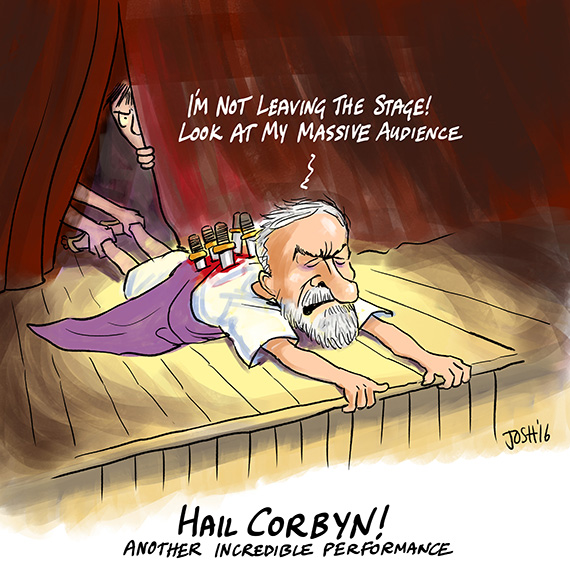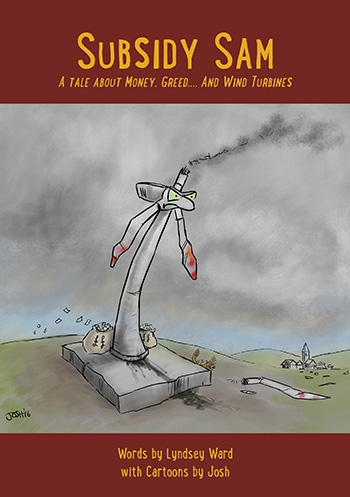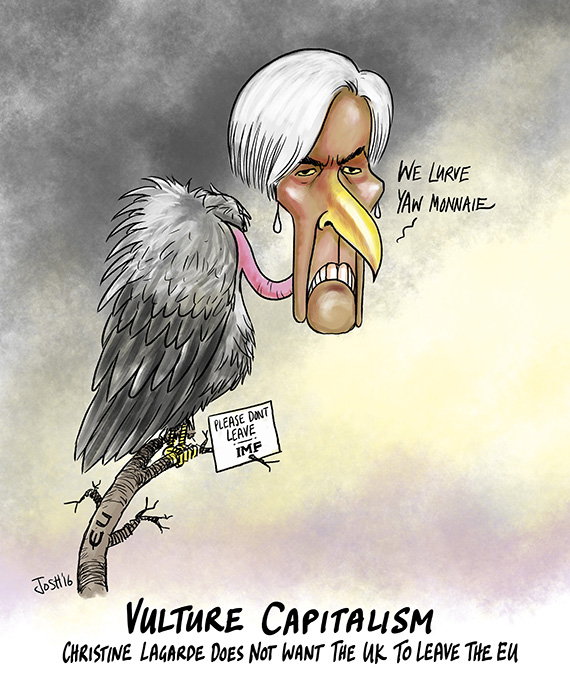A couple of weeks back, New Scientist published an article trying to up the ante on climate sensitivity.
One headline-making 2013 study had concluded that the immediate warming that would result froma doubling of CO2 in the atmosphere would be around 1.3°C - significantly less than most previous estimates. But this was before global temperatures shot past 1°C above pre-industrial levels last year, as predicted by New Scientist in July 2015. If the 2013 study was repeated using that value, it would give an estimate for the immediate warming of 1.6°C, says Piers Forster...
It also claimed that Forster and Lewis's 2013 paper had got its estimates of aerosol forcing wrong:
[Other studies] suggested that Forster's team underestimated how much warming has been masked by the cooling effect of other pollutants, such as sulphur aerosols, that we pump out alongside CO2.
Quite why anyone would want to estimate TCR from a single year's temperature figure is anyone's guess. This observation prompted Nic Lewis to write a letter to the editor, which, needless to say, has not been published. So you can read it here.
Letter to the Editor concerning New Scientist article in the 28 May 2016 issue, Vol 230, No 3075, page 8: 'Earth's sensitive side'
The claim in your 28 May article 'Earth's sensitive side' that the strong warming over the last few years means we can now rule out low estimates of climate sensitivity is wrong. You quote Piers Forster, a co-author (along with myself) of one 2013 study that concluded near-term warming from a doubling of CO2 in the atmosphere would only be around 1.3°C. I have also been sole or lead author of three different studies published since then, all of which support that conclusion. One of those studies used the Intergovernmental Panel on Climate Change 2014 assessment report's estimates for the effects on the Earth's radiation balance of both warming agents such as CO2 and of cooling agents such as sulphur aerosols. I have extended these estimates to 2015 and recomputed the warming from a doubling of CO2. It is unchanged at 1.3 °C, averaging over 1995-2015 data. It remains 1.3 °C when using data just for the last ten, or five, years. Use of a shorter period gives a less reliable estimate; using a single year's temperature is unsound.
The suggestion that the team Forster and I were part of underestimated how much warming had been masked by the cooling effects of sulphur aerosols and other pollutants is mistaken. Our team's method is unaffected by the arguments on this point raised by the Shindell and Schmidt team studies referred to. The latter study anyway contained several errors. The corrected version fixed two of the errors I had pointed out, and shows that near term warming from a doubling of CO2 is correctly estimated from the historical mix of warming and cooling agents, including sulphur aerosols. Moreover, the findings by the Storelvmo team relied on a relationship existing between solar radiation at the surface and sulphur emissions, but over their full data period that relationship is statistically insignificant. Furthermore, two recent studies (Stevens 2015 and Kirkby et al. 2016) conclude that sulphur aerosols have had less effect on radiation than previously thought, implying that estimates of the warming from a doubling of CO2 are actually too high.
 Josh
Josh  Aug 20, 2016
Aug 20, 2016  Energy: wind
Energy: wind  Josh
Josh  Wind turbines
Wind turbines  It might not look like it has been a busy summer but I've been beavering away on a follow up to the Subisdy Sam story produced earlier in the year. Today we are launching 'Tiny the Turbine' written by Lyndsey Ward and illustrated by me.
It might not look like it has been a busy summer but I've been beavering away on a follow up to the Subisdy Sam story produced earlier in the year. Today we are launching 'Tiny the Turbine' written by Lyndsey Ward and illustrated by me.






